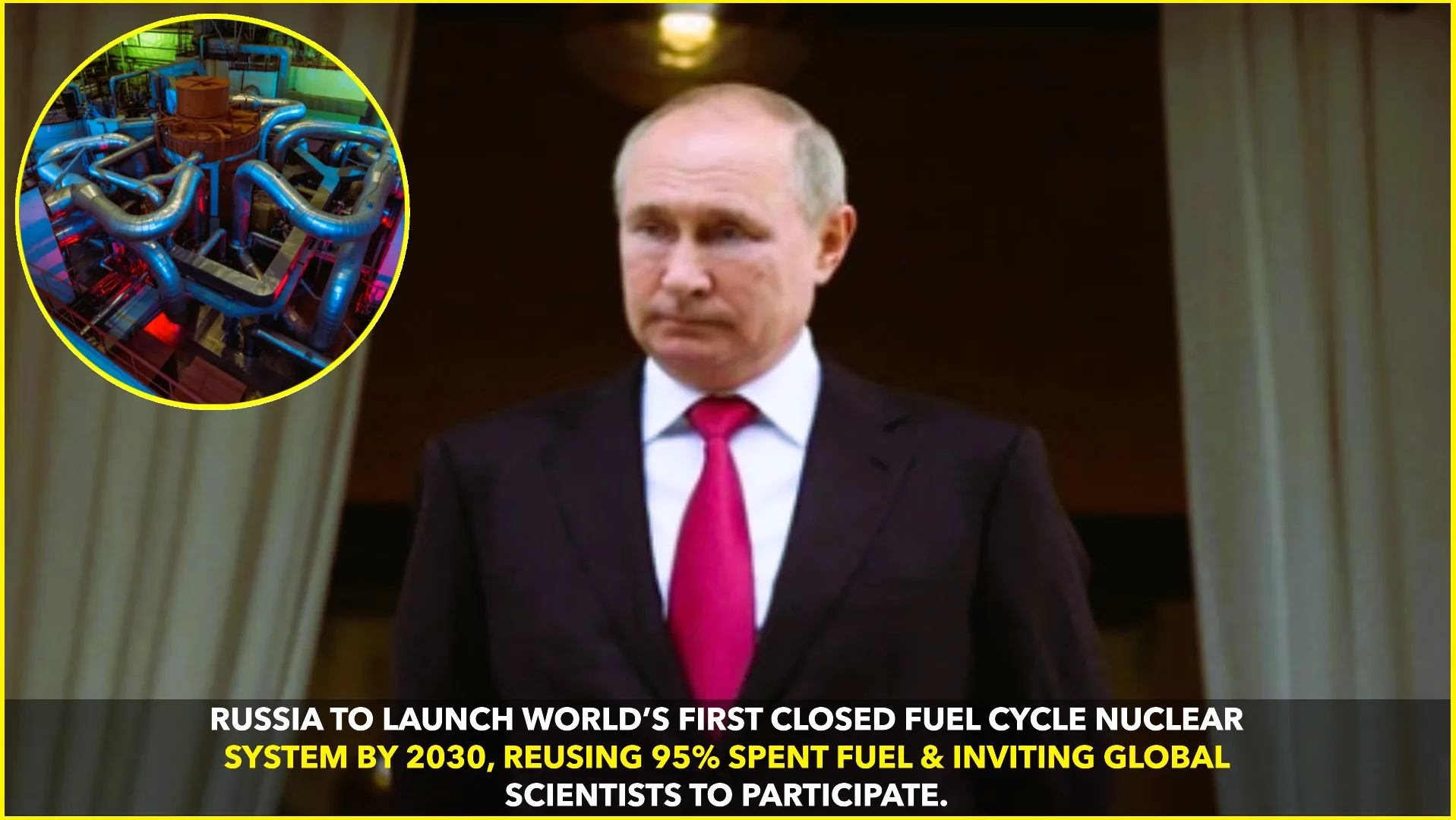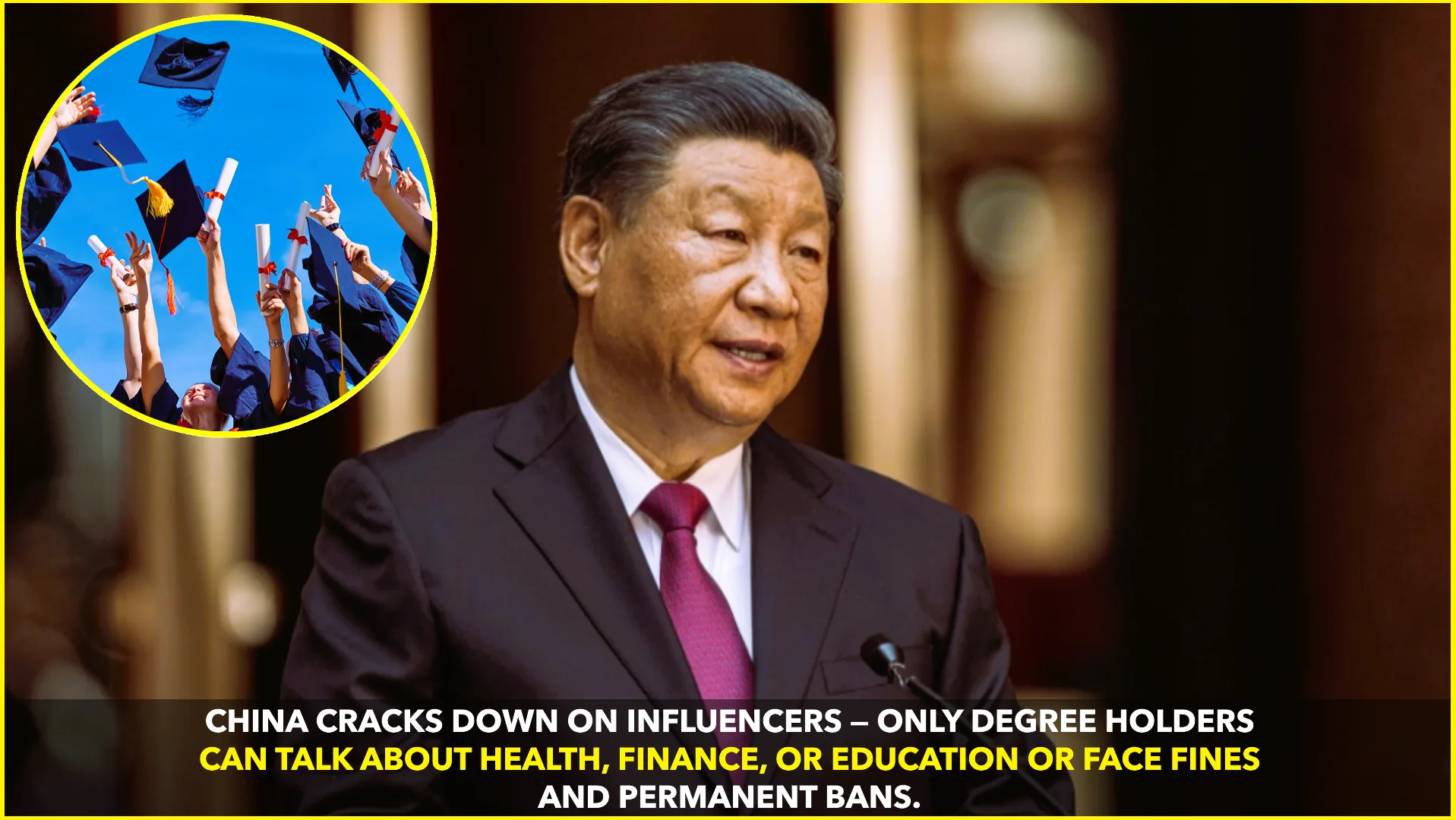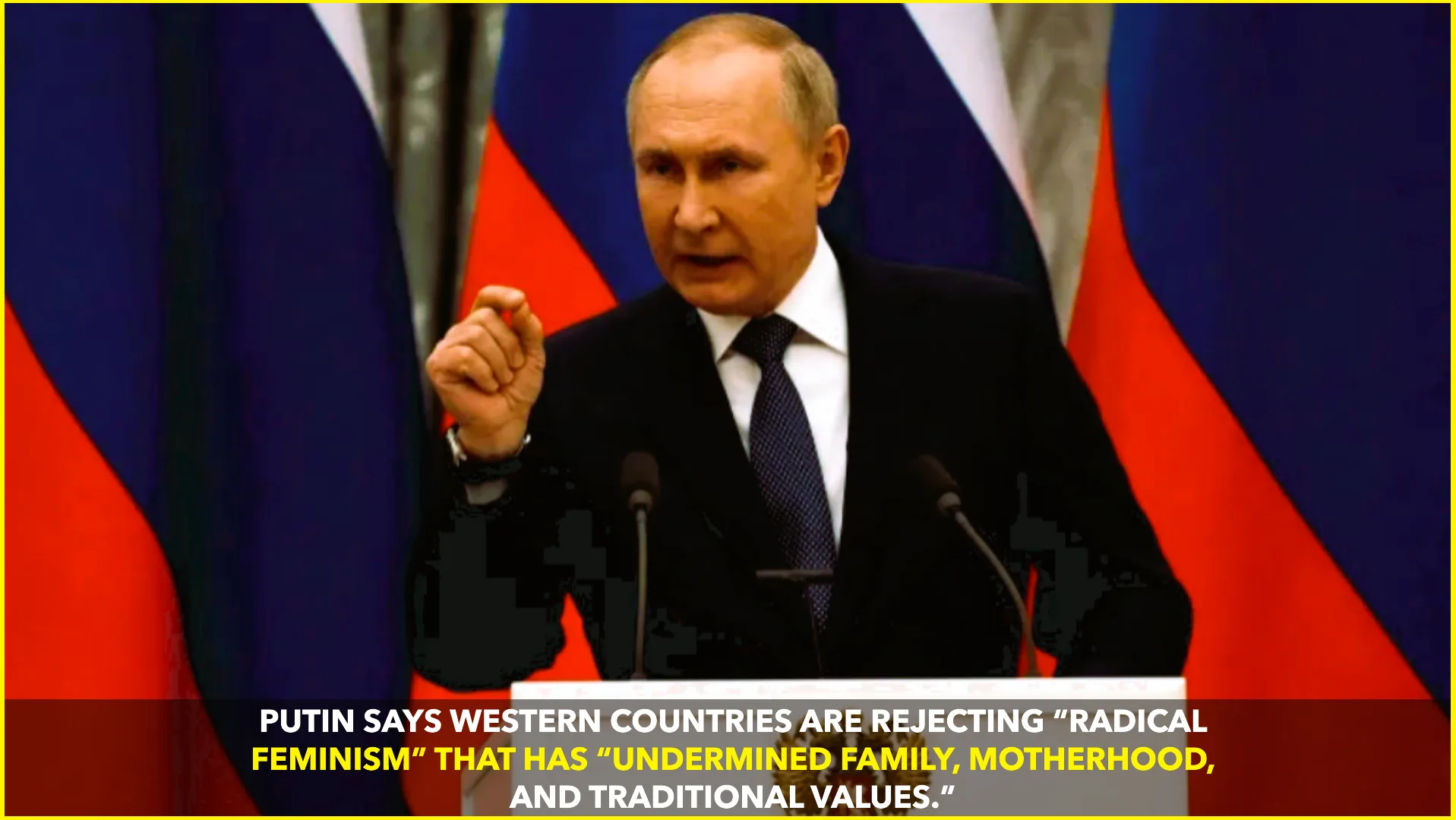Russia is pushing forward with an ambitious nuclear project: by 2030, the country plans to launch the world’s first nuclear energy system that operates on a closed fuel cycle in the Tomsk region, President Vladimir Putin announced at the World Atomic Week forum in Moscow. News On Air+3Business Standard+3TASS+3
What is a Closed Fuel Cycle?
A closed fuel cycle refers to what one might call “recycling” of nuclear fuel: instead of discarding spent fuel, up to 95% of it will be reused repeatedly in reactors. According to Putin, this can dramatically cut down radioactive waste accumulation, reduce demand for fresh uranium, and help manage uranium supply security. TASS+2Business Standard+2
Where & When
- Location: Tomsk region, in Siberia. This is planned to host full deployment of the closed fuel cycle system. Business Standard+2TASS+2
- Target Date: 2030. That is when Russia intends for the system to begin operation. TASS+1
- Testing & Research: An international research center in Ulyanovsk will test advanced materials and technologies needed for these closed‐loop systems. Scientists from around the world are being invited to contribute. TASS+2Anadolu Ajansı+2
Why Russia Is Pursuing This
Putin described the project as “revolutionary” for Russian science and engineering. Key drivers cited include:
- Reducing Waste: Reusing almost all spent nuclear fuel addresses the long‐standing issue of radioactive waste storage and management. TASS+2Business Standard+2
- Uranium Security: With global uranium reserves under pressure, reusing spent fuel cuts dependency on new uranium mining and imports. EADaily+1
- Clean Energy & Climate: Nuclear power with efficient fuel reuse is being framed as part of sustainable energy strategies—less environmental footprint from waste, more efficient use of existing materials. Anadolu Ajansı+1
International Cooperation & Safety
A major point in Putin’s announcement: he wants foreign scientists to work alongside Russian teams—particularly at the Ulyanovsk centre. The goal is to foster shared development rather than unilateral dominance. Anadolu Ajansı+1
Moreover, Russia claims it remains committed to nuclear safety and non-proliferation standards. Putin positioned the project as supporting independent nuclear programs globally—helping other nations build their nuclear capacity, under safe and regulated frameworks. Anadolu Ajansı+1
Challenges & Considerations
- Technical complexity: Re-using spent fuel requires advanced reactor types, fuel reprocessing facilities, and rigorous safety systems. Implementing them reliably at scale is nontrivial.
- Cost & Funding: Building reactors, reprocessing plants, research centers—all demand heavy investment. Putin hinted at new models for financing, including possible involvement of international institutions. Business Standard+1
- Regulation & Verification: Ensuring international confidence in non-proliferation requires transparency, oversight (e.g. via IAEA), and robust regulatory mechanisms.
- Timeline risks: Hitting a 2030 target is ambitious given the scale: from research, licensing, construction, testing to commissioning.
Reactions & Context
- The announcement was made during World Atomic Week, which marks the 80th anniversary of Russia’s nuclear industry. It drew attention from global nuclear players and observers. Anadolu Ajansı+2Business Standard+2
- Experts have already noted Russia’s earlier work with MOX (mixed oxide) fuel and pilot reprocessing efforts, which serve as stepping stones toward closing the fuel cycle fully. EADaily+1
Conclusion
If successful, this project could reshape parts of the global nuclear energy landscape: reducing radioactive waste, easing uranium demand, and setting new precedents in nuclear fuel reuse. But its success will depend on technical delivery, funding, and international trust. Russia’s call for collaboration suggests it knows those elements are essential.
Source:
TASS; Anadolu Agency; Business Standard; EADaily; etc. News On Air+4TASS+4Anadolu Ajansı+4










